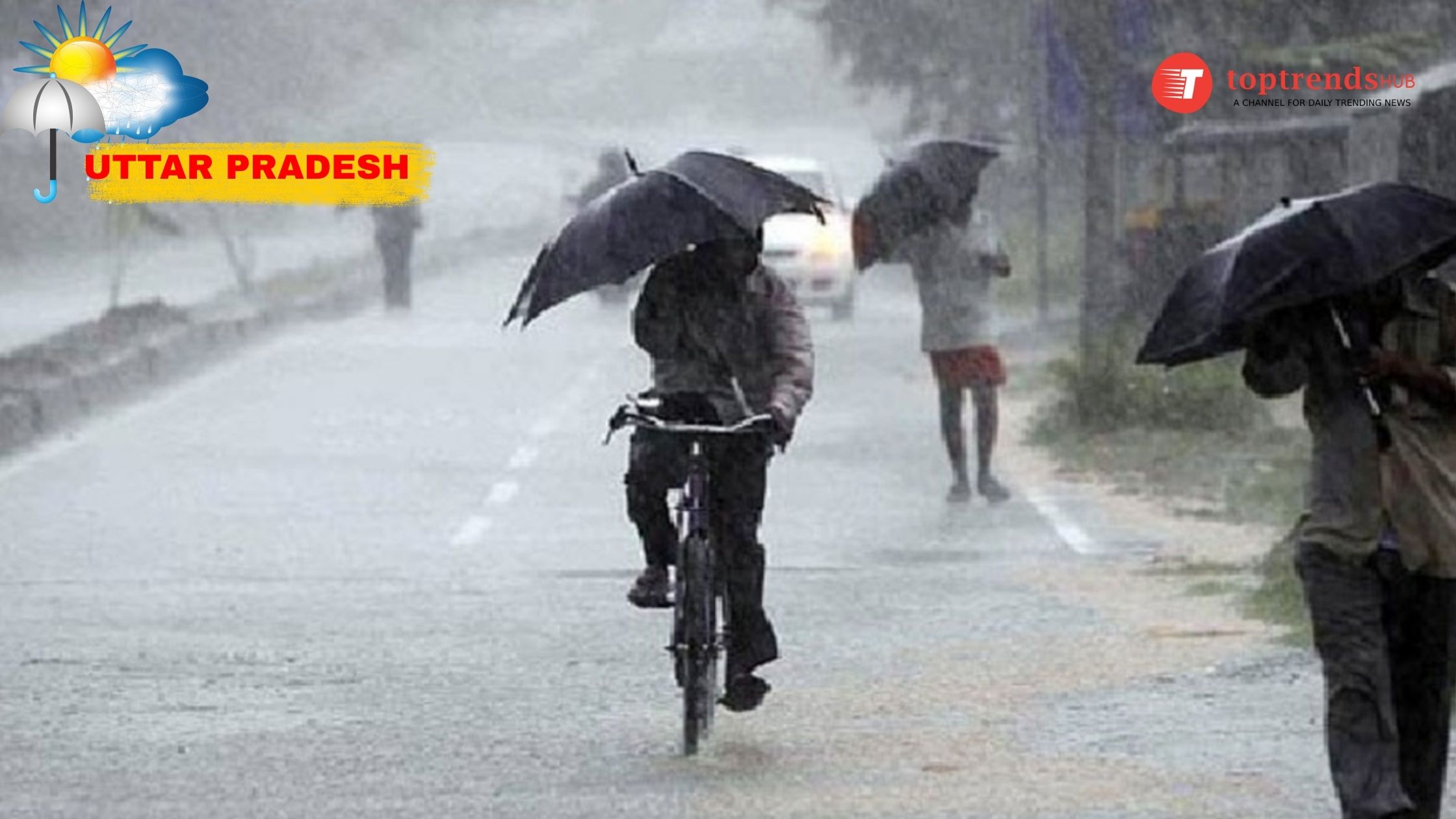Delhi’s air quality has reached hazardous levels in recent weeks, prompting authorities to take immediate action to protect public health. As pollution continues to surge, the Delhi government implemented the Graded Response Action Plan (GRAP) IV, which involves a range of emergency steps aimed at mitigating the effects of the deteriorating air quality. One of the most significant actions has been the shift to online classes for most school grades. This drastic change has left parents, students, and educators facing uncertainty, particularly about when regular, offline classes will resume.
Delhi Air Quality Crisis: When Will Schools Resume Offline Classes?
The government’s decision to close schools for all grades except for 10 and 12 came as pollution levels in Delhi and its surrounding areas reached alarming figures. Air quality in the city has become so poor that experts have warned of serious health risks. Air pollution, particularly in the form of fine particulate matter (PM2.5), has reached levels far above what experts consider safe. At these dangerous levels, residents, especially children, face an increased risk of respiratory problems and other health issues.

Aqi in delhi today
As a result, the Delhi government implemented GRAP IV on Monday, leading to the suspension of offline classes for students in grades 6 through 9 and 11. These students will now attend online classes until further notice, and the government will assess the situation as it evolves. However, students in grades 10 and 12 will continue to attend school in person, given the importance of ongoing exams and preparations.
The government has not set a specific date for when offline classes will resume for all students. Officials have stated that the shift to online learning will remain in place until the air quality improves. As long as pollution levels remain a threat, online classes will continue. Meanwhile, students in grades up to 5 have received a holiday and will stay home to minimize exposure to the toxic air. Children across Delhi can be seen walking to school wearing face masks, underscoring the growing concern over the harmful effects of pollution. For many families, these measures highlight the severe impact air pollution has on everyday life.
Why Is Delhi’s Air Quality So Poor?
Delhi’s air quality has been a longstanding issue, particularly during the winter months when pollution levels peak. Several factors contribute to the city’s poor air quality, including emissions from vehicles, construction activities, and industrial processes. In addition, the seasonal burning of crop stubble in neighboring states adds a significant amount of pollution to the atmosphere. When these elements combine, they create a thick, toxic smog that envelops the city, often leading to dangerously high levels of particulate matter in the air.
The Air Quality Index (AQI), which measures the concentration of pollutants like PM2.5 and PM10, has consistently shown “severe” levels in Delhi, placing it in the highest risk category for all residents. Exposure to such high levels of pollution has been linked to an increased incidence of respiratory diseases, cardiovascular problems, and other health complications. According to health experts, prolonged exposure to polluted air can lead to chronic conditions, especially for children whose lungs are still developing.

While the government’s temporary measures under GRAP IV, such as closing schools and imposing restrictions on certain activities, offer short-term relief, experts argue that they cannot solve the underlying problem of air pollution. A more long-term strategy is necessary to tackle the root causes of the crisis and protect the health of Delhi’s residents.
Schools in the NCR Region Affected
Although Delhi has announced the shift to online classes, neighboring areas like Noida and Ghaziabad have yet to implement similar measures. Despite the fact that the AQI in these areas has reached severe levels, schools in these districts have not yet closed. However, parents and educators are awaiting updates, as the pollution continues to affect the entire Delhi-NCR region. As the situation progresses, there is growing speculation that these districts may also take action soon.
Meanwhile, schools in Haryana, particularly in cities like Faridabad and Gurgaon, closed due to the poor air quality. Authorities granted primary schools in these areas a break, and instructed students to stay at home. This decision reflects the growing urgency across the Delhi-NCR region to protect young people from the hazardous effects of pollution. Both the Haryana and Delhi governments are expected to continue monitoring air quality, with further announcements likely in the coming days.
Expert Opinions on the Crisis
Experts have repeatedly warned about the severe dangers posed by Delhi’s air pollution, particularly to vulnerable populations such as children and the elderly. The fine particulate matter in the air can penetrate deep into the lungs and enter the bloodstream, leading to serious health issues. Respiratory conditions such as asthma, bronchitis, and other lung diseases are becoming more common, especially among children who have prolonged exposure to these toxic levels of pollution.
Moreover, the environmental impact of this pollution extends beyond human health. Harmful pollutants also damage crops, soil, and water, contributing to long-term ecological damage. The air quality crisis, therefore, not only threatens the health of Delhi’s residents but also harms the environment in ways that will likely persist for years to come. To address this, experts emphasize the need for more robust solutions, such as reducing emissions from transportation and industrial activities, curbing crop-burning practices in neighboring states, and increasing the number of green spaces in the city.
The Resumption of Offline Classes: When Will It Happen?
Currently, the Delhi government has not provided a timeline for when offline classes will resume for all students. The government has stated that the situation will be closely monitored and that schools will reopen for in-person learning once the air quality improves to safe levels. However, experts suggest that it may take some time before the air quality returns to normal, especially with winter approaching. During this season, pollution levels tend to worsen due to weather patterns that trap smog over the city.
Many parents are eager for schools to reopen, but they also understand the importance of keeping children safe from polluted air. While online education has its advantages, it also presents several challenges. The lack of direct interaction with teachers and classmates can hinder students’ learning experiences. Furthermore, not all students have access to the necessary technology for online education, and the digital divide continues to be a significant issue in India. For children from economically disadvantaged backgrounds, the shift to online learning could further widen the gap in educational opportunities.
Despite these challenges, many families have voiced their support for the government’s decision to prioritize public health. They argue that while online learning may not be ideal, it is a necessary step in ensuring the safety of students during this ongoing crisis.
Government Actions and Long-Term Solutions
The Delhi government has faced mounting criticism over its handling of the air pollution crisis, but officials have also emphasized the need for long-term solutions. Temporary measures like school closures and restrictions on construction and vehicular emissions can provide short-term relief, but experts agree that more comprehensive actions are necessary to address the root causes of the pollution.
Solutions such as expanding green spaces, transitioning to cleaner energy sources, and reducing emissions from vehicles and industries will require significant investment and long-term commitment from both the government and the private sector. Additionally, tackling the problem of crop burning in neighboring states remains crucial. Until these underlying issues are addressed, Delhi’s residents, especially children, will continue to suffer from the harmful effects of pollution.
In the meantime, public health experts continue to advise residents to limit outdoor activities, wear masks when necessary, and use air purifiers indoors. These measures can help reduce the risks associated with exposure to polluted air, but they are not enough to solve the problem in the long run.

Conclusion
Delhi’s air pollution crisis is affecting millions of lives, particularly those of school-going children. While the government’s temporary shift to online classes is a necessary step, the long-term solution lies in addressing the root causes of pollution and improving the city’s air quality. As the situation develops, parents, teachers, and students remain hopeful that authorities will implement more effective policies to tackle this urgent issue. Until then, Delhi’s residents will continue to face the challenges posed by toxic air, waiting for a future where they can breathe easy and return to normal life.





 Sudden Weather Shift in Uttar Pradesh: Rain, Hailstorm and Strong Winds Lash Several Districts
Sudden Weather Shift in Uttar Pradesh: Rain, Hailstorm and Strong Winds Lash Several Districts 
